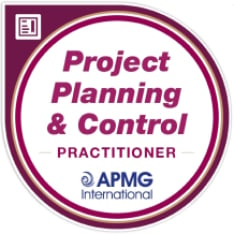Hamburg, officially known as ‘Freie und Hansestadt Hamburg’ (Free and Hanseatic City of Hamburg), is the second largest city is Germany. The city is populated with approximately over 1.7 million residents. Like other cities across Germany, education in Hamburg is compulsory for children; it follows the German educational system and is divided into four levels: Kindergarten Education, Primary Education, Secondary Education, and Higher Education. Kindergarten is for children aged from three to 6. Elementary School (Grundschule) is from Grade 1 to Grade 4. After Elementary School, children can go onto one of the three types of schools, Hauptschule, Realschule or Gymnasium, depending on their academic ability from Grades 5 to 9 or 10 and is compulsory up to the age of 18.
The school system in Hamburg is managed by the Ministry of Schools and Vocational Training (Behörde für Schule und Berufsbildung). There is over 240 Primary School and nearly 200 Secondary Schools with over 160,000 students attending every year. The city also has many private colleges as well as religious and special-purpose institutions including the Helmut Schmidt University (formerly known as the University of the Federal Armed Forces Hamburg). Hamburg is home to the International School of Hamburg, which is one of the oldest international schools in Germany.
Hamburg also provides Higher Educations for students who wish to further their education with over 15 universities. There is over 70,000 students attending these universities including over 9,000 foreign students. Hamburg universities are both public and private for students. The public universities are: the University Medical Centre of Hamburg-Eppendorf, the University of Music and Theatre, the Hamburg University of Applied Sciences, the Hamburg University of Technology, and finally the University of Hamburg (Universität Hamburg) which is the largest university in Hamburg; Hamburg also offers private universities including the Bucerius Law School.










































 Back to course information
Back to course information




 If you wish to make any changes to your course, please
If you wish to make any changes to your course, please

